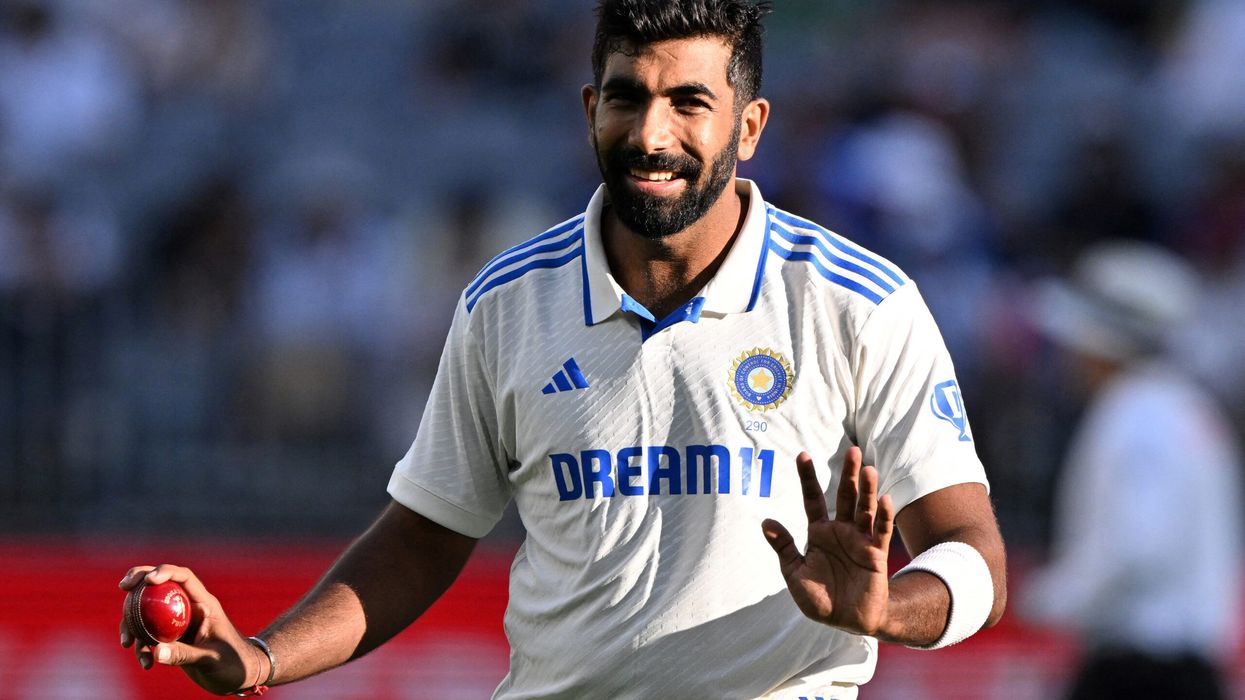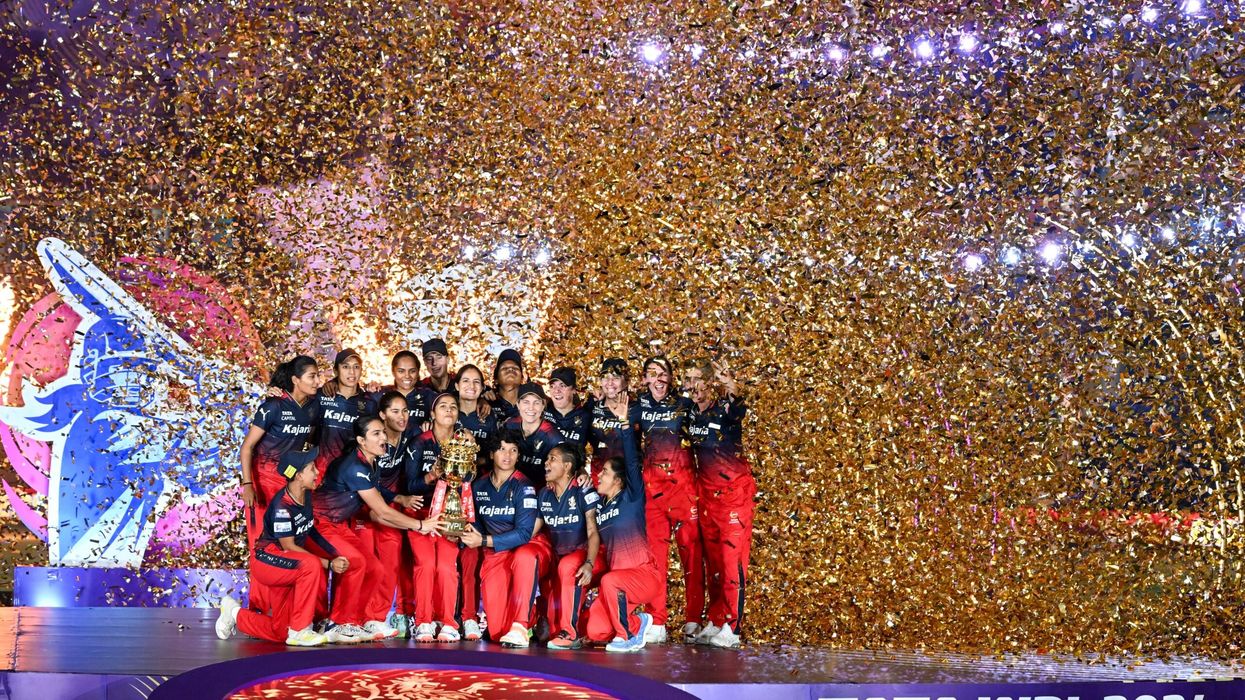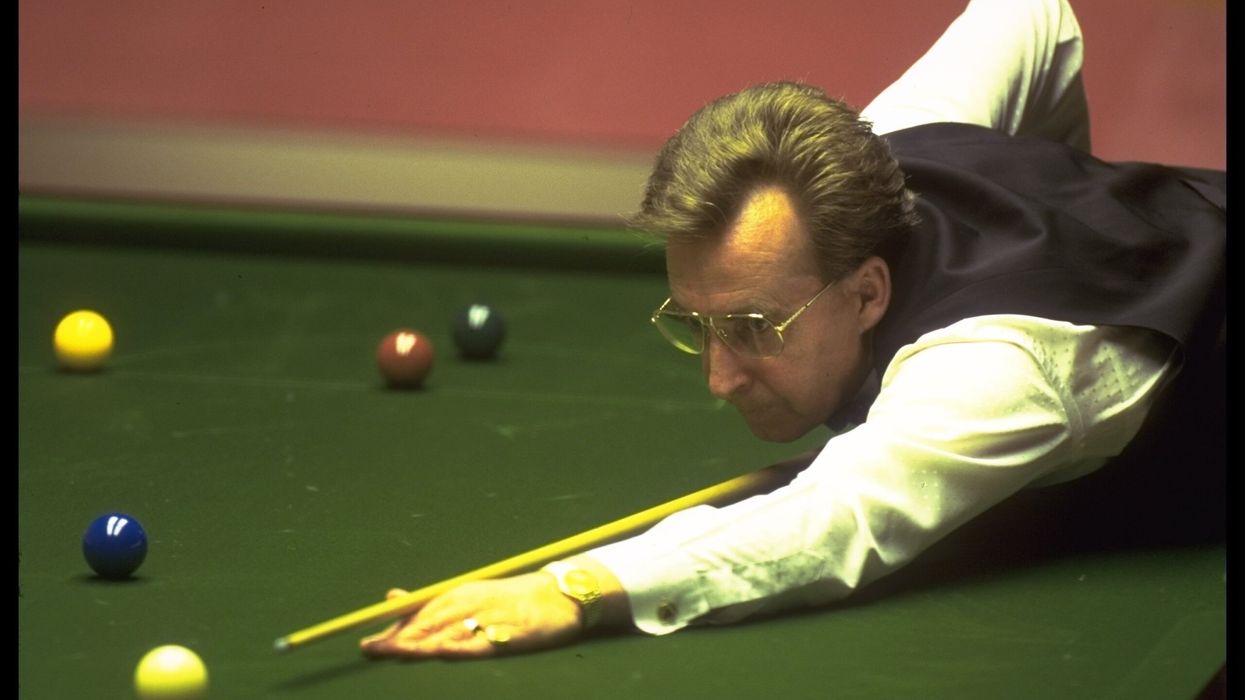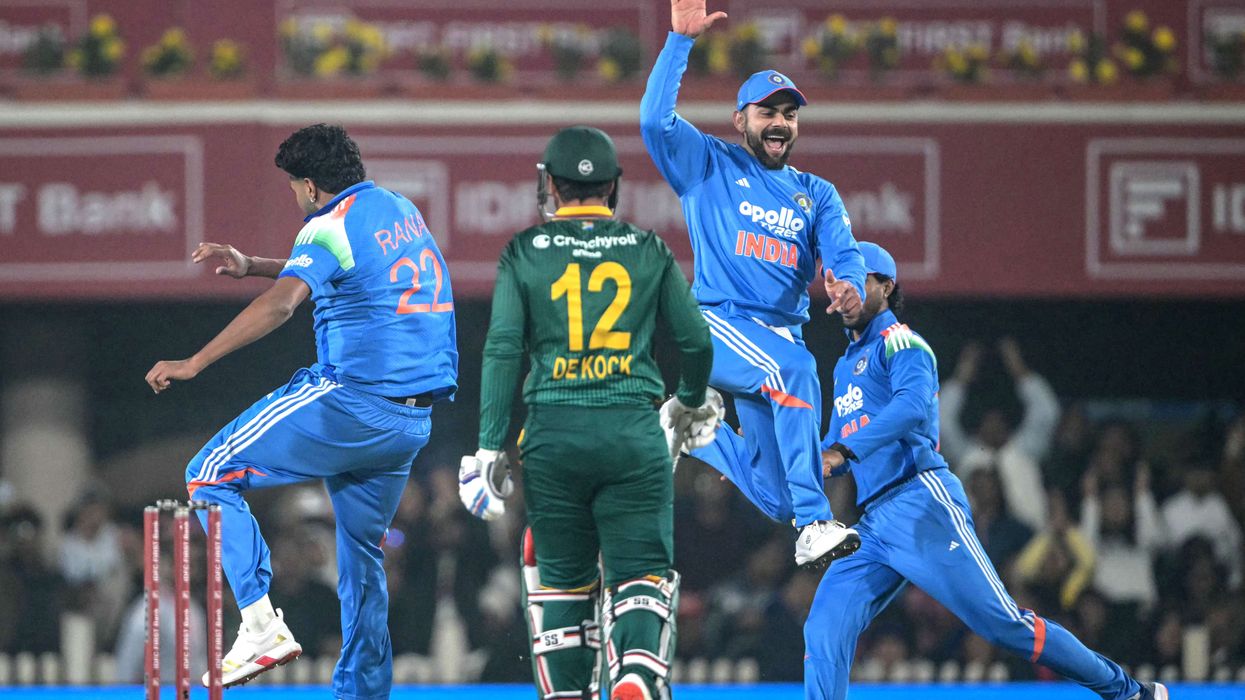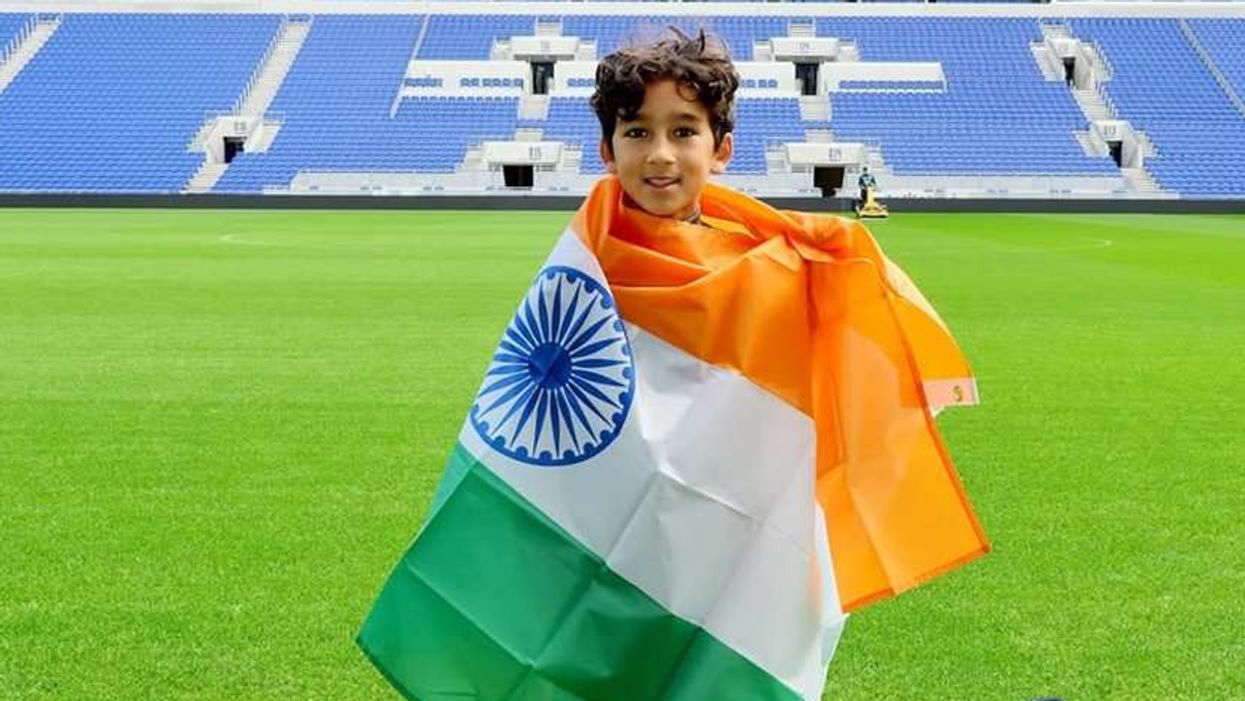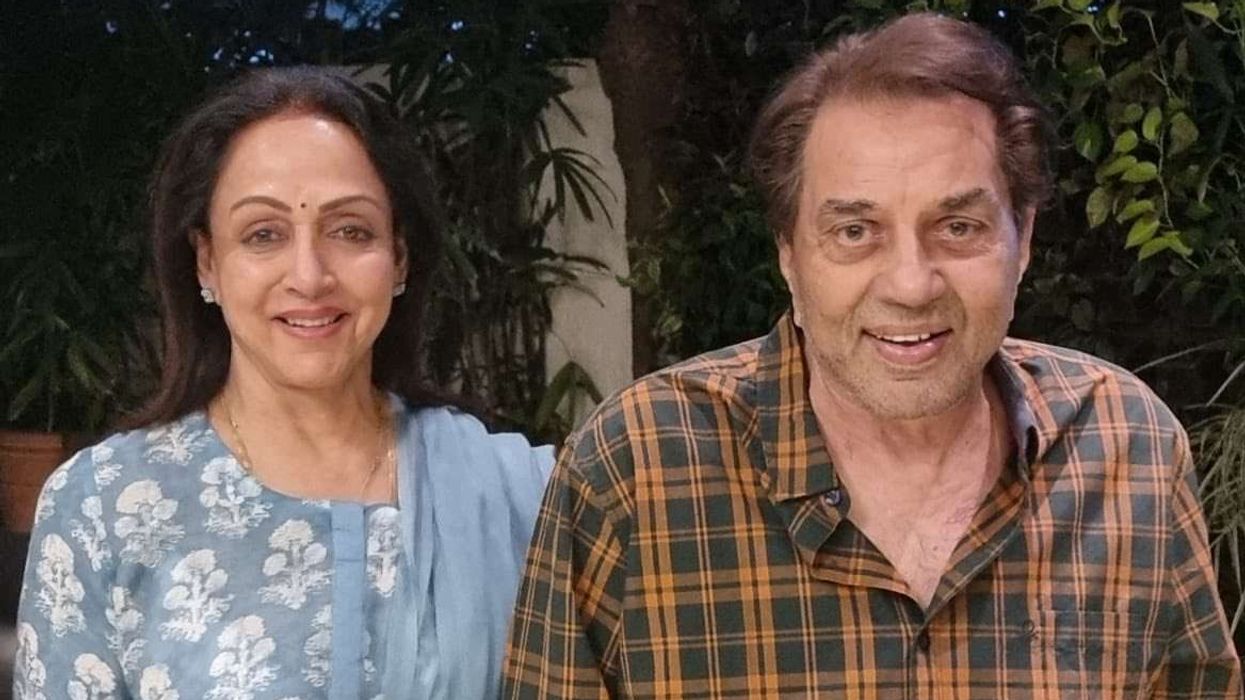After ending India’s agonising wait for an Olympic medal at the Rio Games with a bronze medal, Indian woman wrestler Sakshi Malik said it was the result of 12 years of persistent hard work.
Malik on Thursday (August 18) scripted history by becoming the first woman wrestler from India to bag an Olympic medal and only the fourth female athlete from the country to climb the podium at the world’s biggest sporting event.
“Meri 12 saal ki tapasya rang layi (It’s the result of my 12 years’ fight for day and night). Geeta [Phogat] didi, my senior had qualified for the first time in London,” Malik said, with tears of joy in her eyes.
“I never thought I would become the first woman wrestler from India to bag an Olympic medal in wrestling. It was a pressure match because it was a medal match – very, very pressurised, but I was very confident I would win,” she added.
The 23-year-old from Haryana, a silver medallist at the 2014 Glasgow Commonwealth Games and bronze winner at the 2014 Incheon Asian Games, earned a dramatic come-from-behind 8-5 win over Kyrgysztan’s Aisuluu Tynybekova in the bronze medal play-off.
Malik had fallen behind 0-5 following the first period in the do-or-die bout, but turned the tables on the Kyrgyzstan wrestler in the dying seconds of the bout.
On her defensive approach that saw her trailing 0-5, Malik said: “I never gave up until the last. I knew I would win if I lasted six minutes. In the last round, I had to give my maximum, I had the self belief.”
Malik had lost 2-9 in the quarter-finals to Russia’s Valeriia Koblova in the fifth bout of the day before getting a second chance in the repechage when her opponent reached the final.
“It was an agonising two-three hours wait for me. Congratulations to my country mates, I could live up to their reputation,” she said.
Like in three of the four other bouts earlier in the day, Malik won the crucial bout after coming from behind. In fact, her winning move that got her two points initially was challenged by her Kyrgyztan rival, but she was awarded an extra point by the judges after a review.
Weightlifter Karnam Malleshwari (2000,Sydney), boxer MC Mary Kom (2012, London) and shuttler Saina Nehwal (2012, London) were the only other women players from India to have won an Olympic medal.
This was India’s fifth medal in wrestling after Sushil Kumar won a silver in London 2012.
Malik, who qualified through the second Olympic Games World Qualifying Tournament in Istanbul, battled social biases and sexism to learn wrestling. She took up the sport when she was just nine years old, and recalls villagers sniggering and finger-pointing when she wrestled with boys or wore shorts in a state where women are usually covered head-to-toe and confined to their homes
Haryana, neighbouring New Delhi, is renowned for its male-dominated village councils which control life in the largely farming region, issuing diktats to prevent women defying conservative norms. Women have long been treated as second-class citizens and “honour killings” and sex-selective abortions are rife.
Marriage outside caste or religion brings punishment including “honour killings” – murder, usually of the woman, for dishonouring her family – while sex-selective abortions still occur in an area that values boys above girls.
Haryana has the worst sex ratio in India, with 877 women for every 1,000 men, against the national figure of 940, according to the last official census of 2011.
Locals used to berate Malik’s parents when she was growing up, warning that their daughter would develop puffed-out cauliflower ears, common among wrestlers, and become undesirable to potential husbands.
“It hurt a little and I wondered why people said such mean things, especially when I was so young, and made me doubt myself,” said the 23-year-old, speaking before the Rio Games.
However, that attitude started to shift after Geeta Phogat won gold at the 2010 Commonwealth Games and became the first Indian woman wrestler to qualify for the Olympics two years later.
Malik had also become a local celebrity after winning silver at the 2014 Commonwealth Games.
“It’s so weird to see how people can change so suddenly. They take interest in me now that I’m rising to the top, yet didn’t support me when I was starting out,” Malik said of villagers who were now flocking to take selfies and feed her sweets.
She now trains in the national squad, flying around the world for competitions. But Malik believes that had her family not strongly backed her dreams, she would probably be married with children by now and with no prospect of a career in sports.
“My life is very special compared to my friends. Some of them study a bit and then do household chores. The married ones are busy taking care of their husbands and babies,” said Malik, who also may tie the knot next year, but for whom “game comes first” right now.

